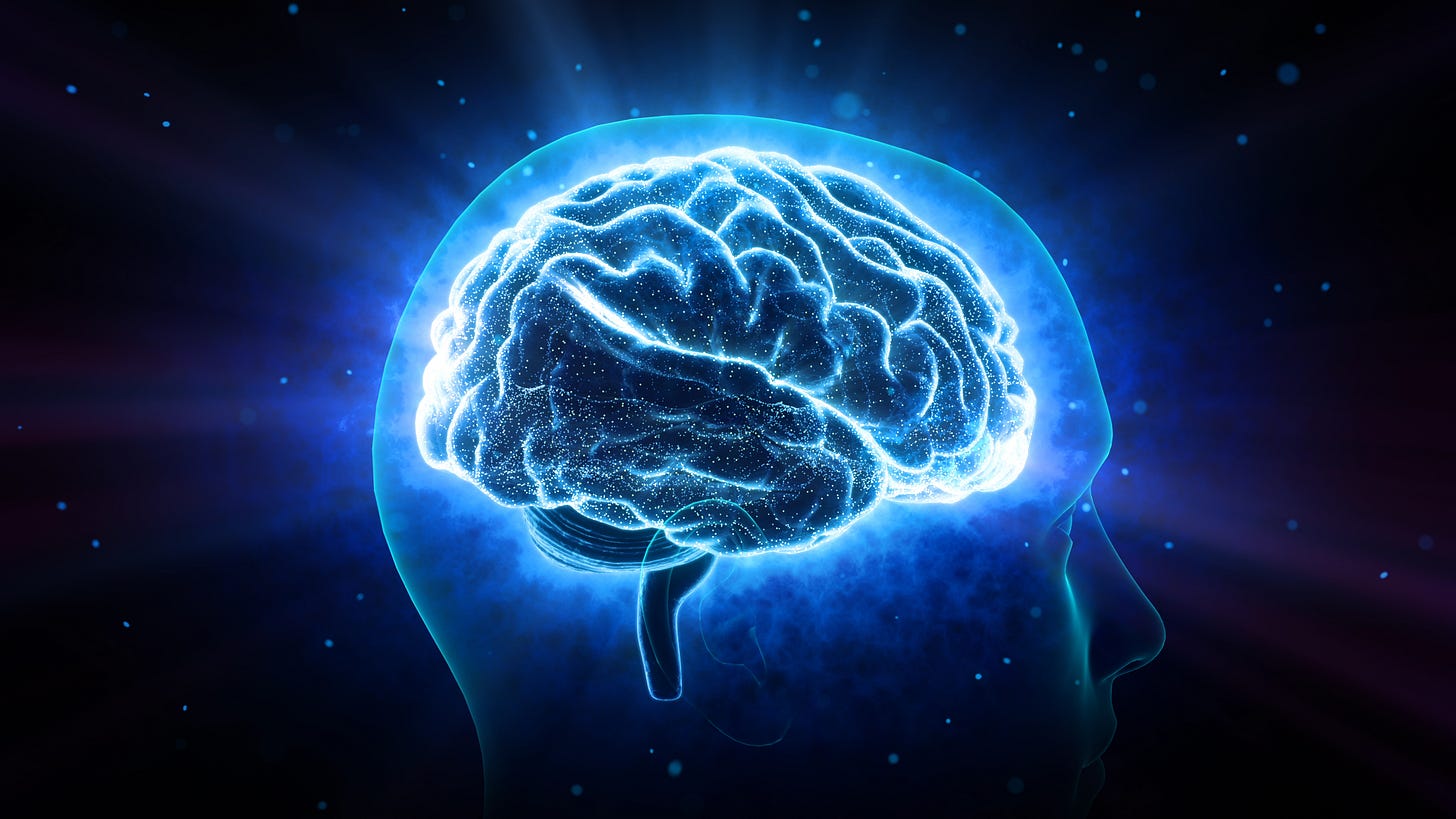Brain Health Spotlight: Herbal Nootropics
Nootropics, often referred to as "smart drugs" or "cognitive enhancers," are substances or compounds that are believed to enhance cognitive function, memory, creativity, motivation, or other aspects of mental performance. The term "nootropic" was coined by Dr. Corneliu E. Giurgea in the 1970s and is derived from the Greek words meaning "mind" and "bend"…



